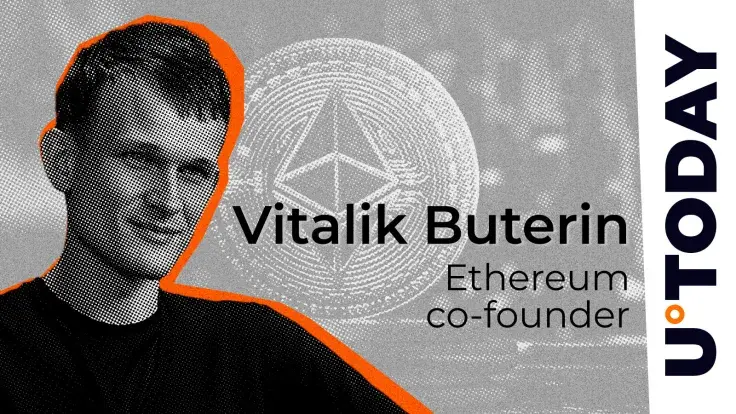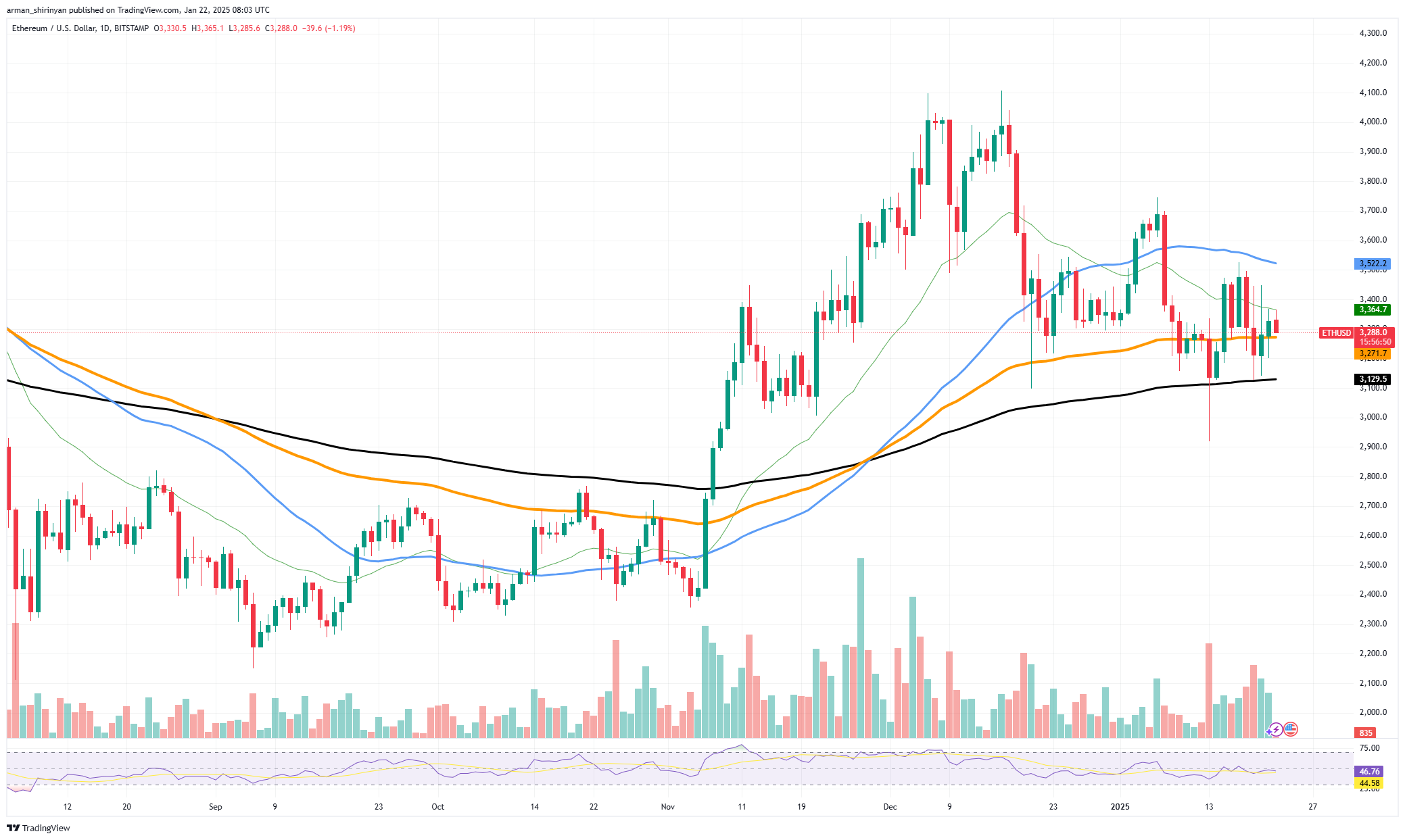
Disclaimer: The opinions expressed by our writers are their own and do not represent the views of U.Today. The financial and market information provided on U.Today is intended for informational purposes only. U.Today is not liable for any financial losses incurred while trading cryptocurrencies. Conduct your own research by contacting financial experts before making any investment decisions. We believe that all content is accurate as of the date of publication, but certain offers mentioned may no longer be available.
Concerns about the Ethereum Foundation's (EF) leadership and its direction were recently addressed by Vitalik Buterin, who clarified the EF's function and role within the Ethereum ecosystem. EF is only one part of a much larger decentralized ecosystem, as he made clear in his remarks.
Ethereum's goal of becoming a world computer is dependent on a network of companies, developers and community-driven projects rather than a single organization. Buterin clarified that EF's function is to succeed in the areas where Ethereum is most effective, not to control every facet of its development. This includes providing targeted support for the Ethereum network through events like hackathons, grants and important protocol updates, while allowing other groups to take over areas where they might be more qualified.

By doing this, EF lowers the dangers of centralization and promotes a more open and varied ecosystem. He also alluded to the possibility that EF's function is misunderstood. Other companies like Consensys or comparable entities may offer the stronger leadership or more businesslike operations.
These organizations are better equipped to handle specific facets of Ethereum's development, such as scaling commercial applications or creating enterprise solutions, because they frequently follow a for-profit business model. According to Buterin, EF should not try to control every facet of Ethereum's development or micromanage the network. Rather, it should continue to support the grassroots initiatives of developers and builders in order to maintain the network's long-term stability and flexibility.
This distributed strategy fosters an atmosphere where several organizations can work together and develop without a single point of failure as Ethereum expands.
This approach not only upholds the decentralization philosophy but also offers Ethereum a strong platform on which to grow as a worldwide open-source platform for decentralized applications. In the end, EF's job is to empower and enable the ecosystem without taking over, so that Ethereum's future remains inclusive and decentralized.

 Vladislav Sopov
Vladislav Sopov Dan Burgin
Dan Burgin